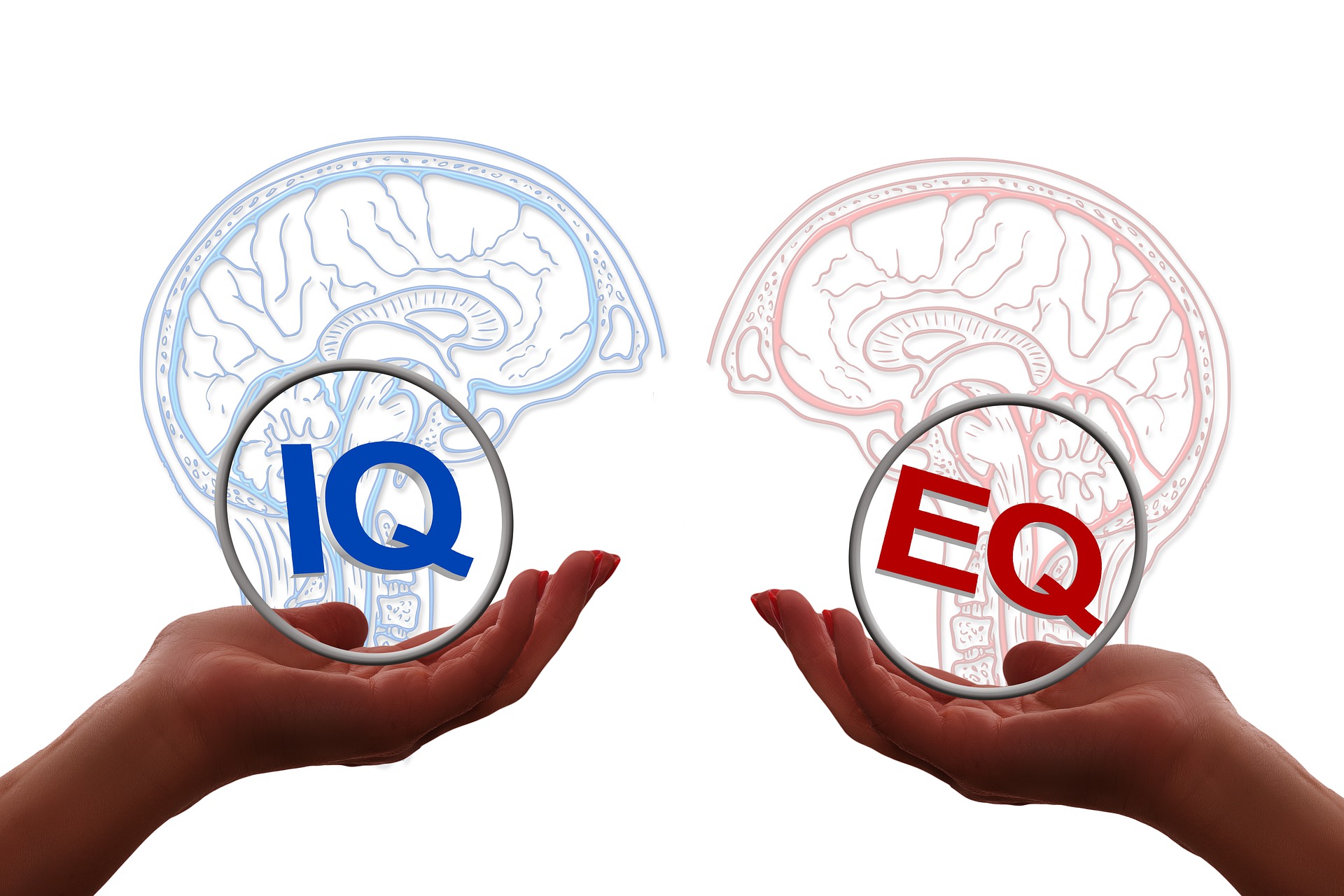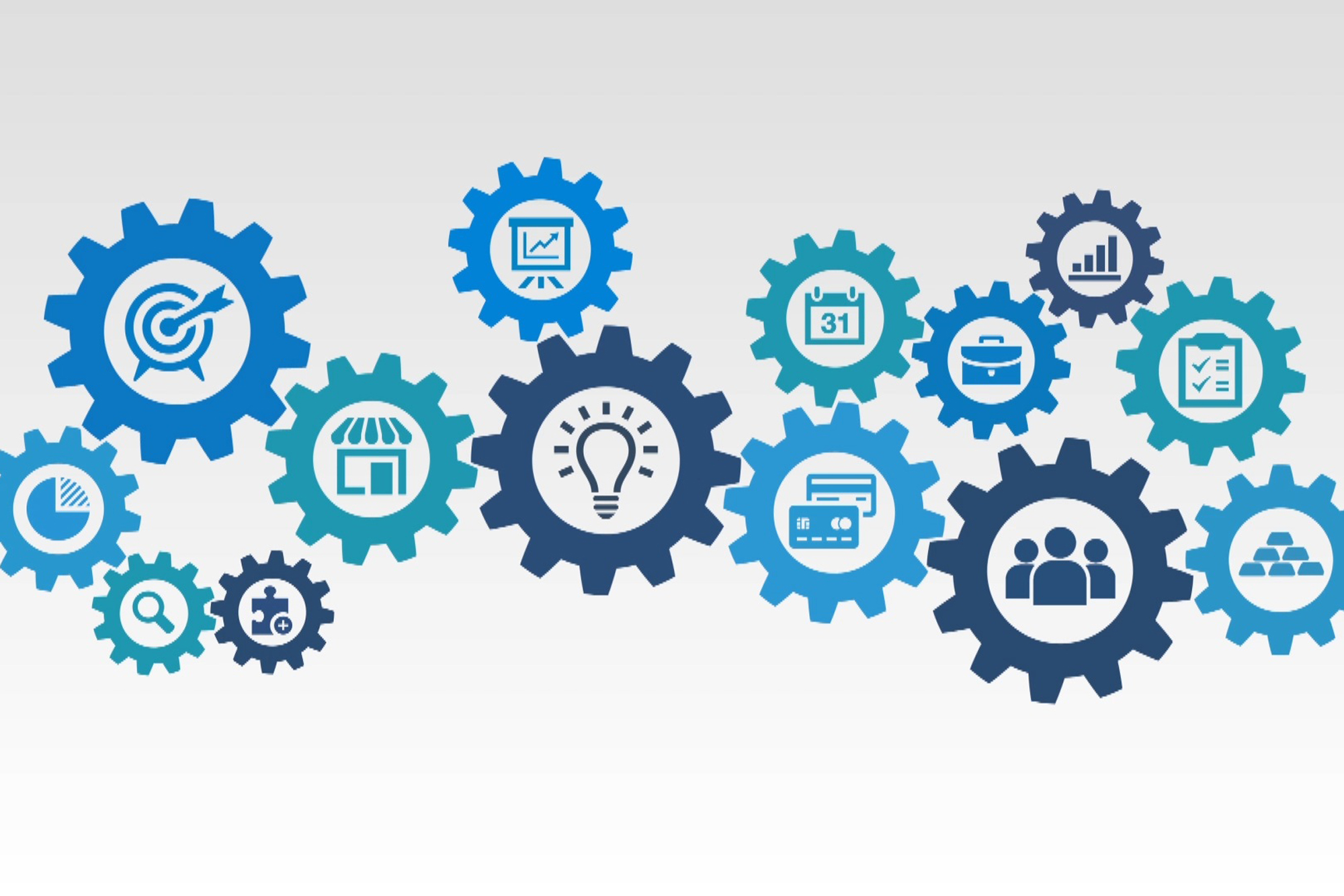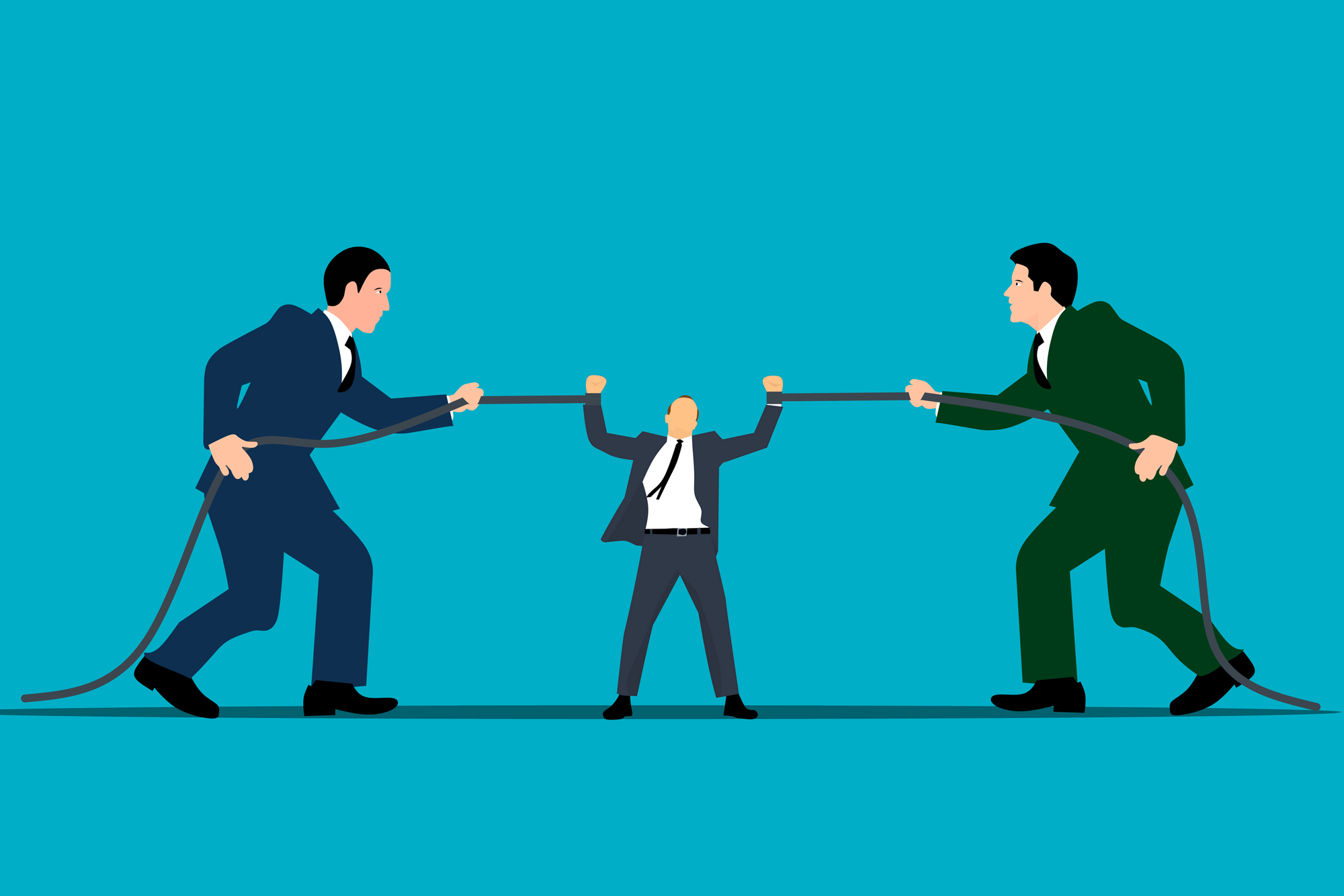Making the world a better place through the power of inner sustainability and adaptable leadership of yourself and others to get you where you want to be with happiness, high performance and high wellbeing.
What are you looking for? What is the situation you would like to improve? What problems are you looking to solve? What aspirations and goals would you like to achieve?

Coaching is a process that raises awareness, clarity and focus; encourages people to take on responsibility; and reduces barriers to performance.
Executive Coaching is an efficient, high-impact process that helps high-performing people in leadership roles improve results in ways that are sustained over time.
Coaching programs are tailored to suit your aspirations and needs. Depending on your purpose for coaching, programs could involve 3 to 6 sessions spaced from one to three weeks apart. Alternatively, programs last 3 to 6 months with sessions at the duration and frequency that works best for you, plus regular short catch ups and emails between sessions. We can meet in person in or near Edinburgh, or Central Belt Scotland, and also face to face online with Zoom, Skype, Messenger, Teams, WhatsApp or your other preferred meeting app. Coaching programs can also include relevant tools and psychometric assessments such as Emotional Intelligence (EQ-i2), Leadership Styles (ILM 72), Mental Toughness (MTQ Plus), and various personality, strengths and working style questionnaires. Sue has a wide range of frameworks that support managers to develop leadership capacity and mindset, be more effective, align your purpose, vision and goals with the team, engage your people and much more.
Discover more about our coaching approach, important considerations when choosing a coach and get in touch for more details on our 1:1 coaching options: email info@aeona.co.uk, schedule a call or call Sue on 07809 672859
Are you already achieving them?
If not, do you know why not?
What is the value to you personally and to your organisation if you do achieve your ambitions?
What difference will it make?
Just like Olympic athletes, the executives and individuals who I work with are extremely capable and often know what they want to do, even if they don’t know how they will get there.
These are just a few examples of what Sue's clients have gained from 121 coaching.




"When you work with me, we co-create relevant and inspiring programs that will make the difference that you are looking for."
Dr Sue Mitchell
Book a call to discuss your queries & requirements
Contact Sue